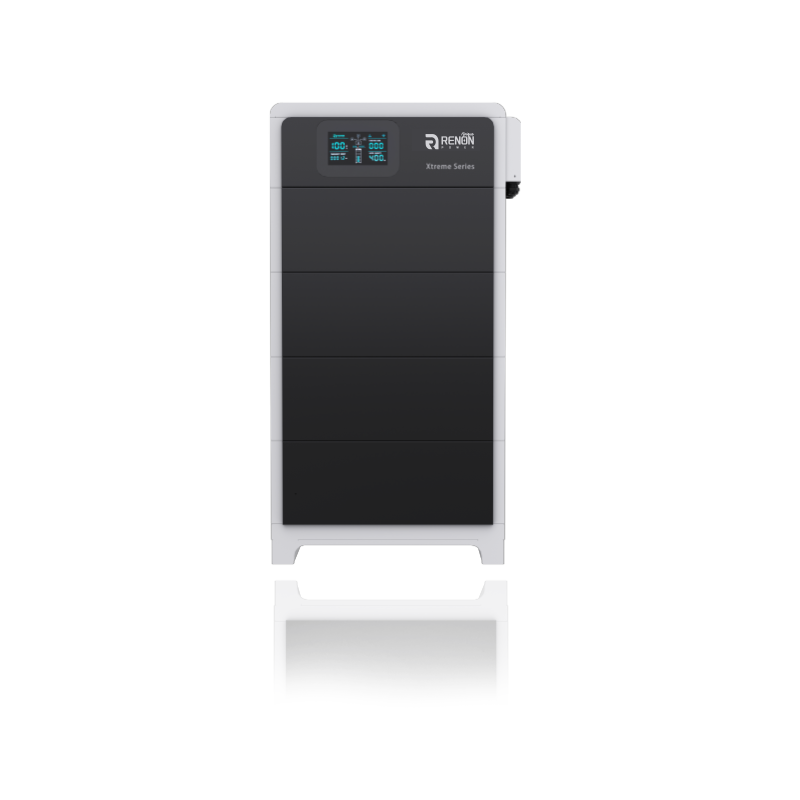Critical steps to safeguard your residential battery storage investment
When it comes to residential battery storage systems, having insurance coverage is highly recommended. Whether it’s protecting your investment in case of unforeseen events or safeguarding against fire-related incidents, insurance plays a crucial role in providing peace of mind for homeowners.
One key consideration regarding insurance for residential battery storage systems is compliance with insurance company policies. While not compulsory, having insurance for your system is advisable to protect your investment. However, some insurance companies may not cover damage if the system was not installed by a certified professional. Ensuring that installation is done correctly by a qualified individual is essential to avoid potential insurance issues.
Additionally, it’s essential to review your insurance policy carefully to understand coverage limitations and exclusions. Some policies may have specific exclusions, such as damages caused by natural disasters or power outages. Understanding these exclusions is vital to know what scenarios may not be covered under your policy.
Moreover, homeowners must adhere to local fire codes and regulations when installing battery storage systems. Compliance with these regulations helps mitigate fire risks associated with the system and ensures eligibility for insurance coverage in case of fire-related incidents.
Seeking professional advice and assistance for the installation and maintenance of the system is crucial. Professional installation not only ensures the safety and functionality of the system but also helps meet the necessary safety standards set forth by insurance providers and local regulations.
In some cases, homeowners may need to obtain special coverage for damage to the equipment caused by fire or other hazards. This additional coverage can help protect the investment in the battery storage system and provide coverage for repair or replacement in the event of fire-related damage.
To ensure adequate coverage, homeowners should thoroughly review their insurance policy with a qualified insurance agent or representative. Paying attention to coverage options, exclusions, and any additional requirements related to fire damage and residential battery storage systems is essential for peace of mind.
By addressing these key points and ensuring compliance with insurance company policies, local regulations, and best practices for installation and maintenance, homeowners can help mitigate potential coverage issues related to residential battery storage systems.
Why Insurance for Residential Battery Storage Systems is Non-Negotiable
South Africa’s electricity landscape has prompted many homeowners to seek alternative power solutions, including residential battery storage systems. While these systems offer independence from grid reliance, they come with their own set of considerations, particularly regarding insurance coverage. Here’s what you need to know to safeguard your investment:
Insurance requirement
While not compulsory, having insurance for your residential battery storage system is advisable to protect your investment in case of unforeseen events. With the uncertainty surrounding Eskom’s loadshedding, insurance coverage offers peace of mind during power disruptions.
Installation by certified professional
One insurance caveat to be aware of is that some insurance companies may not cover damage to the system if it was not installed by a certified professional. Ensuring proper installation is crucial to avoid potential insurance issues down the line.
Coverage limitations
Review your insurance policy carefully as some policies may have limitations on coverage. Damages resulting from misuse of the system or failure to perform regular maintenance may not be covered. It’s essential to understand these limitations upfront.
Exclusions
Specific exclusions, such as damages caused by natural disasters or power outages, may apply. Knowing these exclusions helps you understand what scenarios may not be covered under your policy and plan accordingly.
Compliance with insurance policies
Understand and adhere to the specific requirements outlined in the insurance company’s policies regarding the installation and operation of residential battery storage systems. Failure to comply could result in denied coverage in case of fire-related incidents.
Local fire codes and regulations
Ensure that the battery storage system meets all local fire codes and regulations. Compliance with these standards minimises fire risks and upholds insurance coverage eligibility.
Professional installation and maintenance
Engage qualified professionals for the installation and ongoing maintenance of the battery storage system. This ensures safety, functionality, and aligns with insurance company standards for coverage in case of fire damage.
Special coverage consideration
Evaluate the need for special coverage tailored to protect the equipment from fire damage and other hazards. Discuss additional coverage options available specifically for residential battery storage systems with your insurance provider.
Policy review and consultation
Regularly review the insurance policy with a knowledgeable insurance agent to stay informed about updates, coverage limitations, or requirements related to fire damage and battery storage systems. Consultation with experts clarifies ambiguities and ensures adequate coverage.
By meticulously following these guidelines and collaborating with professionals to meet insurance standards and local regulations, homeowners can enhance their coverage and safeguard against potential issues arising from fire damage concerning battery storage systems.
Related Products
Ebrick Series
Modular HV/LV Battery System
The Ebrick system consists of a lithium-ion battery module and a battery management system (BMS), housed in a compact and robust enclosure.
Xtreme Series
Modular HV/LV Battery System
The Xtreme Line of household battery storage systems that enable users to store energy from a photovoltaic system, generator, or grid after connecting to the inverter.
Xcellent Series
Modular HV/LV Battery System
Renon Power Afrique's Xcellent series is a line of energy storage systems which provide reliable and efficient energy storage solutions for businesses looking to reduce their energy costs and improve their energy in...
Related Articles

Get in Touch
Leave your details below
Trading Hours









